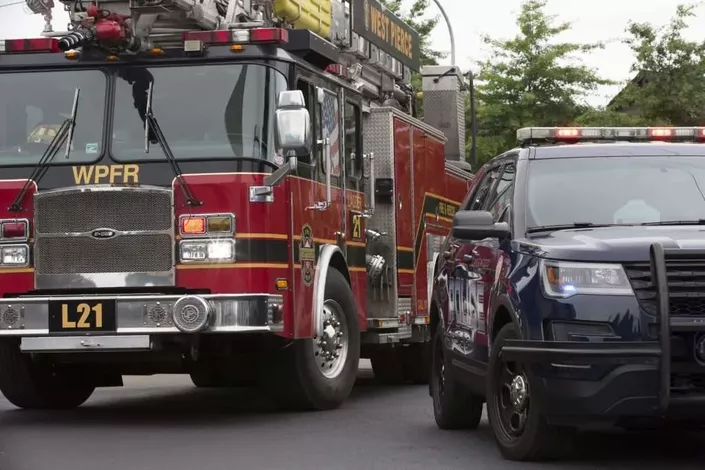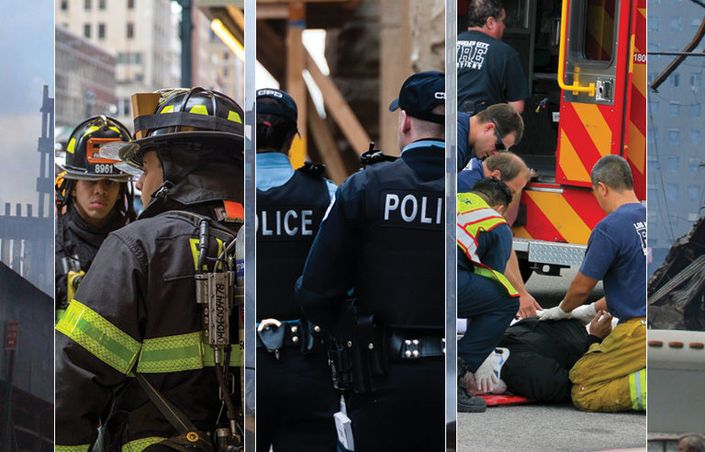
Course Overview
The Situational Awareness for EMS and First Responders course is designed to equip emergency medical services (EMS) personnel and first responders with the essential knowledge and skills needed to enhance their situational awareness during incidents. Situational awareness is a critical component of effective emergency response, allowing responders to make informed decisions, prioritize safety, and provide optimal care to patients.
Course Objectives:
- Understand Situational Awareness:
- Define situational awareness and its significance in emergency response.
- Recognize the key components of situational awareness, including perception, comprehension, and projection.
- Information Gathering:
- Learn effective methods for gathering critical information at the scene.
- Identify potential sources of information, such as communication channels, witnesses, and scene assessments.
- Hazard Recognition:
- Recognize and assess hazards and risks associated with different types of incidents.
- Understand the importance of hazard mitigation strategies for responder safety.
- Decision-Making:
- Develop decision-making skills that are grounded in situational awareness.
- Practice making informed decisions under pressure, considering patient needs and responder safety.
- Communication:
- Improve communication skills for conveying critical information to team members and incident command.
- Foster clear and efficient communication within the response team.
- Teamwork and Collaboration:
- Promote effective teamwork and collaboration among EMS personnel and first responders.
- Understand roles and responsibilities within the incident command system.
- Adaptation and Flexibility:
- Enhance the ability to adapt to evolving situations and changing priorities.
- Develop strategies for managing unexpected challenges.
Curriculum
Situational Awarness and Triage of Incidents as First Responders
Available in
days
days
after you enroll
Featured Courses
Check your inbox to confirm your subscription




